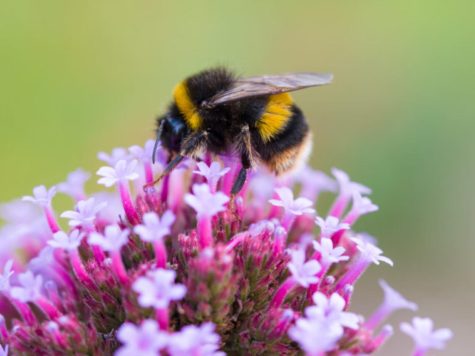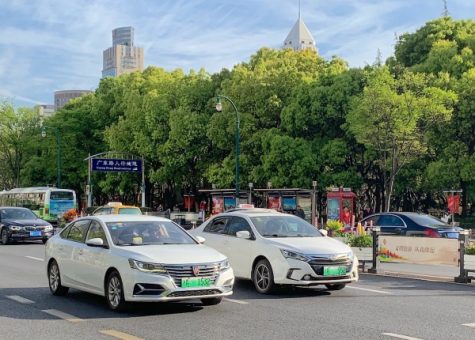Ways to conserve nature
May 24, 2023
We, humans, are naturally in touch with the environment. We depend on it for oxygen, sunlight, vitamins, etc. Unfortunately, humans have not been very kind towards the Earth over the years. Although governments and corporations are the biggest foes of the environment, we can still make changes as individual citizens. Lifestyle changes are needed to avoid the severe impacts of current environmental problems. Our actions can make a significant contribution.
We’ve all heard of recycling and not littering, so I’m going to give some advanced tips to take care of our environment.
1- Plant flowers that bees will like.
Currently, bees are facing a population decline. Bees are vital to our environment and need to be preserved and protected. Planting small, diverse flowers that bloom for multiple seasons will help support your local bee population. There are many reasons that bees are vital to your local ecosystem, including pollination of fruit trees and food crops.

2- Join environmental organizations.
We can maximize the impact of our actions by joining together. Most communities have nonprofit environmental organizations that rely on volunteer help to preserve nature.
3- Reduce your carbon footprint.
Conserve water in your home. Wait until you’ve got a full load of clothes before running the washing machine, don’t turn on the dishwasher until it’s full, take shorter showers, and don’t leave your faucets running. By minimizing the amount of drinkable water you use for other purposes, you’re helping to protect your local water resources that are jeopardized in many areas.
Turn off unnecessary lights. Turn your lights off when you leave the room, use natural lighting whenever possible, and switch to energy-efficient light bulbs. Using less electricity translates to fewer greenhouse gasses being discharged into the environment from your energy company.
Unplug chargers when they’re not in use. Chargers for your electronic devices are constant energy users, even when your device is unplugged. Reducing your electricity usage benefits the environment and can save you money.
4- Reduce car usage
Gasoline is a product made from crude oil, a finite natural resource, and fossil fuel. Car manufacturing also requires many different kinds of natural resources, including rubber and various metals.
According to the U.S. Environmental Protection Agency, a typical passenger vehicle emits about 4.6 metric tons of carbon dioxide per year, which is super detrimental to the environment. I recommend walking or biking for trips where vehicles aren’t necessary. You’ll also get some exercise. For longer distances, try carpooling with a friend, neighbor, or coworker to a mutual destination. You can also take trains, buses, and subways. Your car should be a last resort. 
5- Use Reusable Bags
Plastic bags end up in landfills or in other parts of the environment. These can suffocate animals who get stuck in them or may mistake them for food. It takes years for the bags to decompose.
Whenever I go to the store, I bring reusable bags, and I suggest you do the same. This eliminates litter and prevents animals from getting a hold of them. Stores, such as Target, offer discounts for using reusable bags.
If you still need to use plastic bags, reuse them the next time you go shopping, or use them for something else. Don’t throw them out until necessary. Using reusable bags helps the environment AND your budget!










